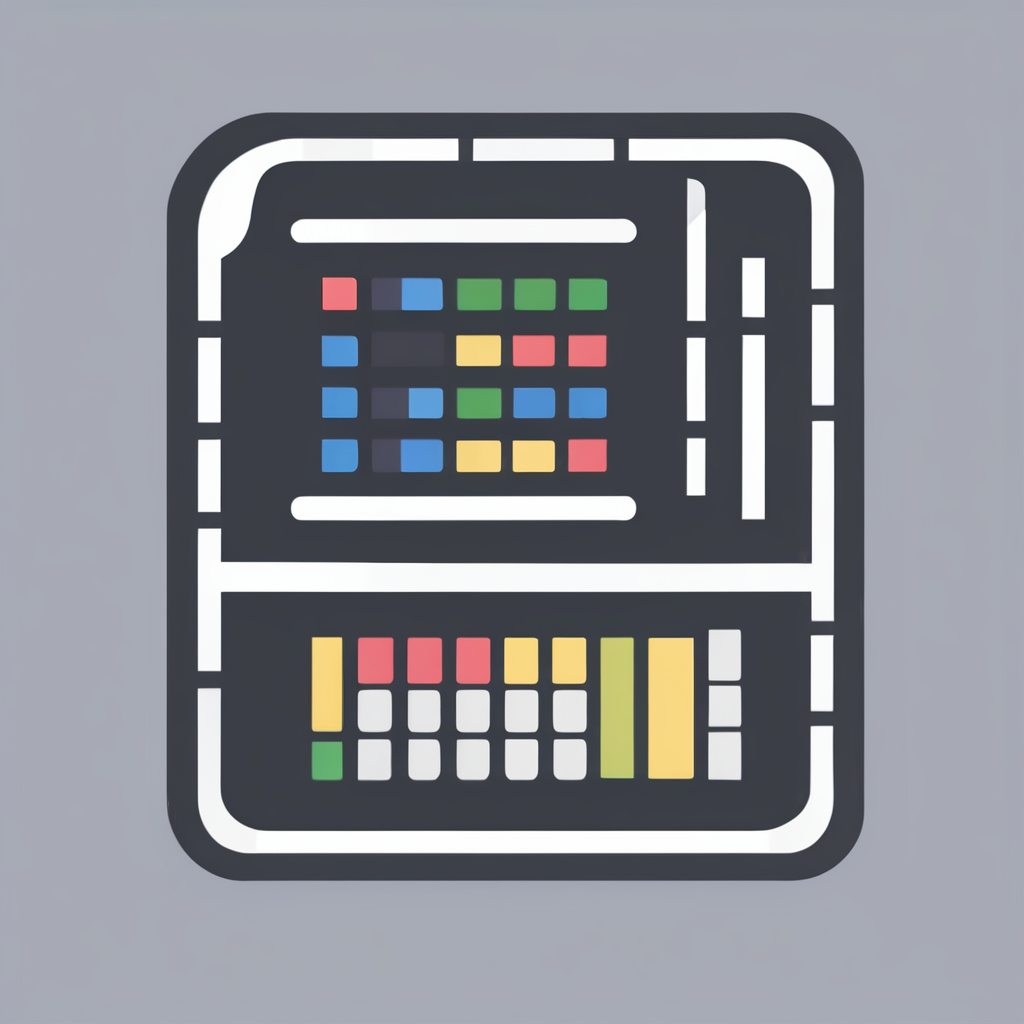Strategies for Improving Accessibility in the UK Video Game Industry
Accessibility challenges in the UK video game industry often stem from limited options for players with diverse needs, including those with visual, auditory, or motor impairments. Many gamers face difficulties due to small text sizes, lack of customizable controls, and insufficient audio cues. Addressing these issues calls for proactive, inclusive approaches.
UK studios increasingly prioritize accessible game development by adopting core strategies such as offering customizable controls, adjustable difficulty levels, and comprehensive subtitle options. Implementing features like colorblind modes and alternative input methods ensures a wider range of players can fully engage with games. These adjustments are not mere add-ons but integral design components integrated early in the development process for maximum impact.
Also to discover : What are the challenges faced by UK game developers in the global market?
Equally important is fostering inclusion initiatives within development teams. Diverse creative talent brings varied perspectives, leading to richer design decisions that better reflect all player experiences. Encouraging collaboration among developers, accessibility experts, and disabled gamers helps identify real-world barriers and tailor solutions that enhance gameplay accessibility in the UK video game industry. By embedding inclusion and accessibility at the core, the industry moves closer to a genuinely welcoming gaming culture.
Initiatives Led by UK Game Developers and Organizations
UK game developer efforts have taken significant strides to improve game accessibility, reflecting a strong commitment across the industry. Notable studios have launched accessibility programs that focus on diverse player needs, ensuring games are enjoyable for everyone. These efforts include specialized features such as customizable controls, colorblind modes, and audio descriptions.
Additional reading : How Might Virtual Reality Transform the Future of Gaming?
Industry partnerships further bolster these initiatives. Developers collaborate with charities and accessibility advocates to create robust, tested solutions. For example, workshops and events hosted by UK organizations aim to raise awareness and share best practices. These inclusive events not only bring attention to barriers faced by players with disabilities but also foster innovation in accessible game design.
Such collaboration highlights the UK’s leading role in this space. By linking developers with experts and community groups, accessibility programs benefit from real-world input, making them practical and effective. This partnership model encourages ongoing development and knowledge exchange, helping the wider industry adapt more quickly. Ultimately, these initiatives promote a more inclusive gaming environment where all players can fully participate.
Standards, Regulations, and Best Practices Guiding Accessibility
Understanding accessibility standards is essential for developers aiming to create inclusive environments. In the UK, several regulations govern accessibility, including the Equality Act 2010, which mandates equal access and reasonable adjustments for people with disabilities. Compliance with these UK regulations ensures that studios meet legal obligations and avoid potential penalties.
Beyond national laws, international standards such as the Web Content Accessibility Guidelines (WCAG) provide a comprehensive framework for designing accessible digital content. Leading UK developers often align their projects with WCAG to enhance usability for all users, regardless of ability.
Compliance is not solely about following rules; studios actively implement industry best practices like regular accessibility audits, user testing with disabled individuals, and staff training on inclusive design principles. These proactive measures help identify and address barriers early in the development cycle.
Moreover, developers increasingly incorporate assistive technologies and customizable user interfaces as part of their accessibility toolkit. By adhering to established standards and adopting best practices, UK studios not only fulfill regulatory requirements but also foster innovation and improve user experience across diverse audiences.
Notable Accessible Games and Innovative Technologies from the UK
The UK gaming industry has significantly advanced accessible UK games that cater to a wide range of players. Titles such as Forza Horizon 5, developed with accessibility options like customizable controls and visual aids, set new standards. These games offer features including subtitles, colorblind modes, and adaptive difficulty, ensuring a broader audience can enjoy gaming.
In parallel, the adoption of assistive technology within UK game design has been remarkable. Technologies such as eye-tracking controls and speech recognition are becoming common, allowing players with motor impairments to interact seamlessly. Moreover, haptic feedback devices provide immersive tactile sensations, enriching the player experience.
Innovation in gaming accessibility has a profound impact by transforming gaming from a niche hobby to an inclusive activity. Players benefit from tailored experiences that recognize individual needs without compromising gameplay integrity. This progress promotes diversity and inclusion, encouraging other developers globally to incorporate accessible features. The UK’s dedication to blending creativity and technology underscores its leadership in fostering an inviting gaming environment for all.
Expert Perspectives and Case Studies from the UK
Accessibility experts in the UK’s game industry emphasize the critical role of inclusive design in creating enjoyable gaming experiences for everyone. One notable leader praises the shift towards accessibility as not only ethical but commercially savvy. These expert insights highlight how early engagement with accessibility challenges prevents costly retrofits and enhances player satisfaction.
Several UK-based case studies underscore meaningful progress. For example, a prominent developer integrated customizable controls and audio cues, resulting in significantly improved player retention among users with disabilities. Another case demonstrated the benefits of involving disabled gamers directly in the testing process, ensuring real-world usability beyond theoretical compliance. These UK accessibility case studies show that practical solutions often arise from collaboration, not just technical fixes.
The lessons learned point to the necessity of adopting accessibility as a fundamental development pillar. Experts agree this approach benefits all players by fostering innovation and empathy within design teams. Looking ahead, the UK game industry aims to build on these successes, with leaders encouraging more companies to embed accessibility standards from the outset to drive meaningful change.











